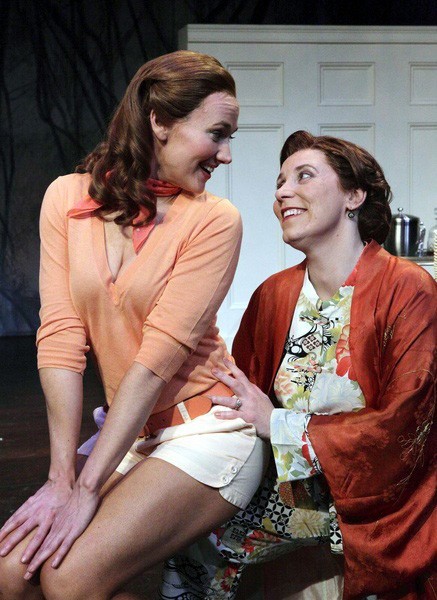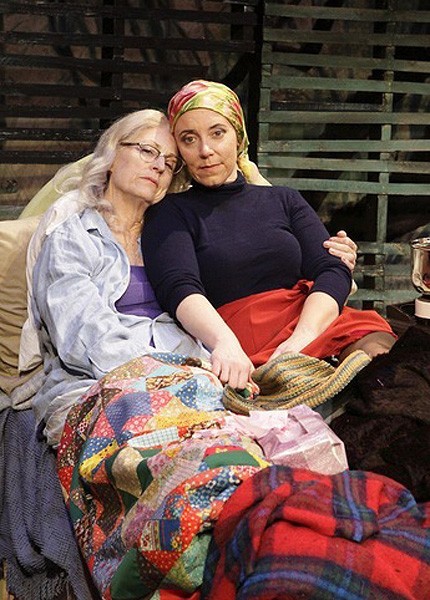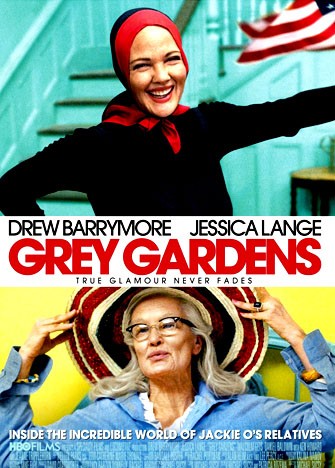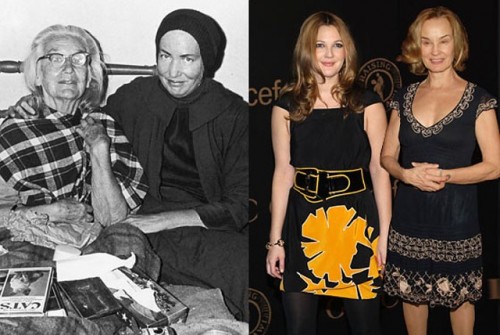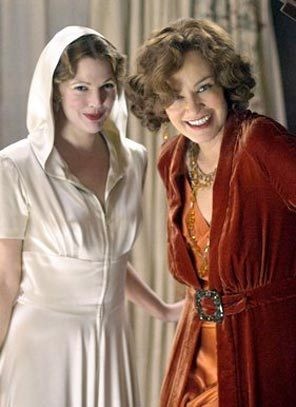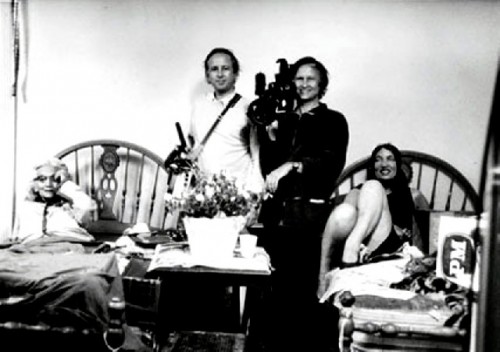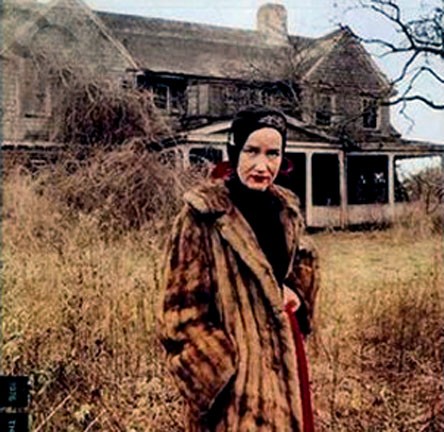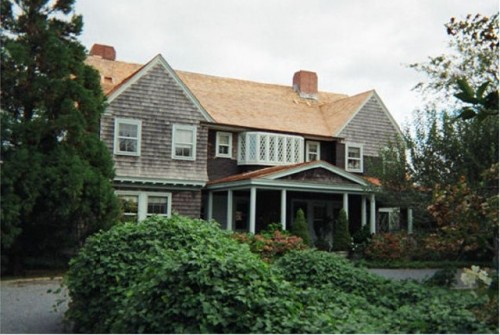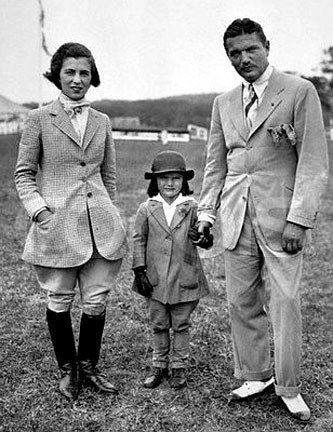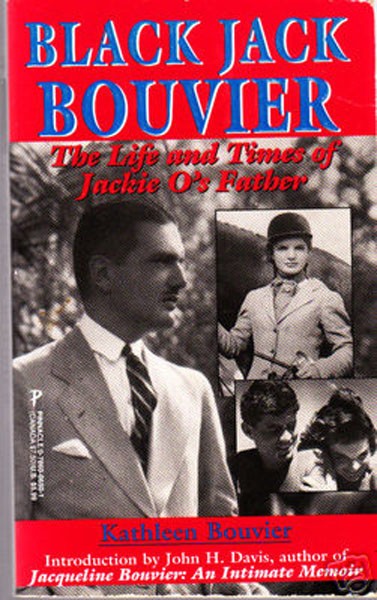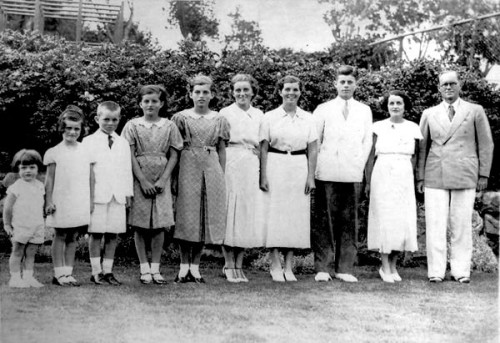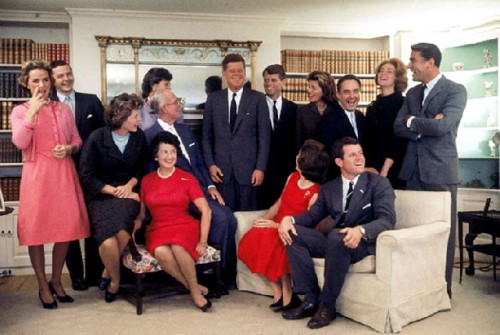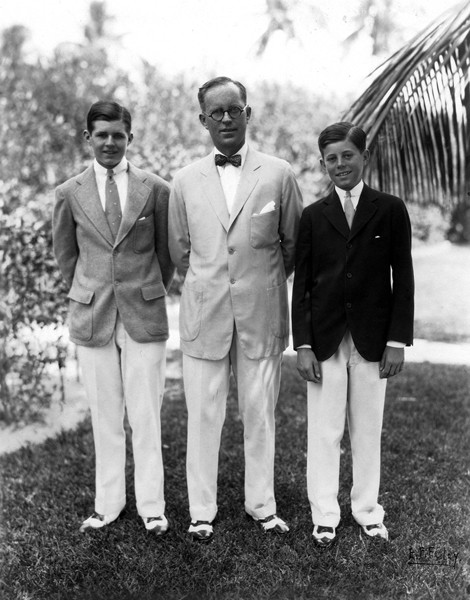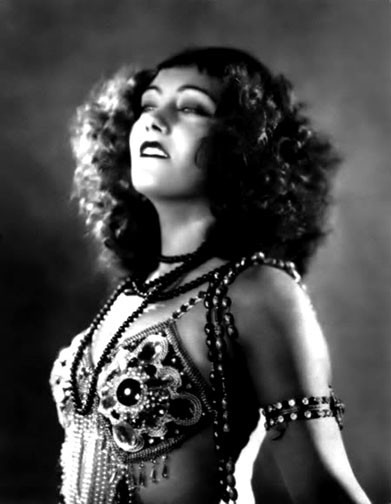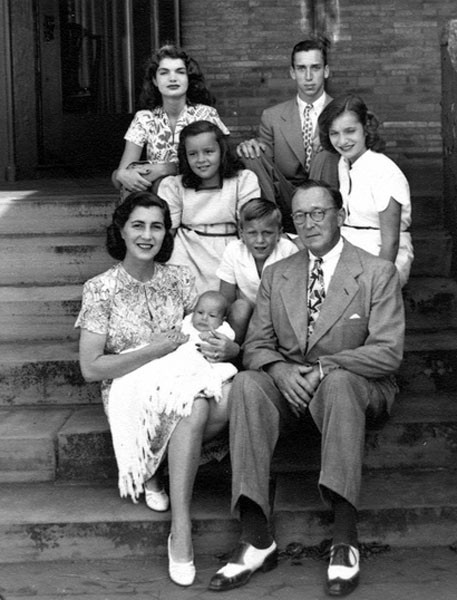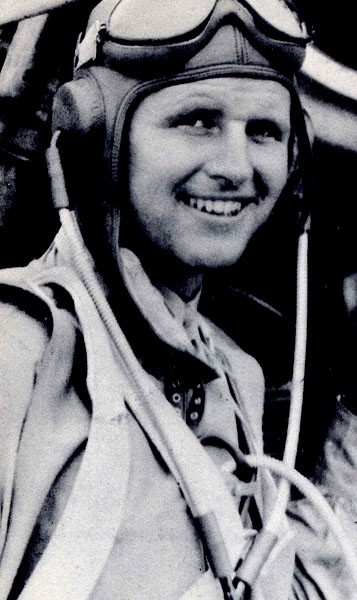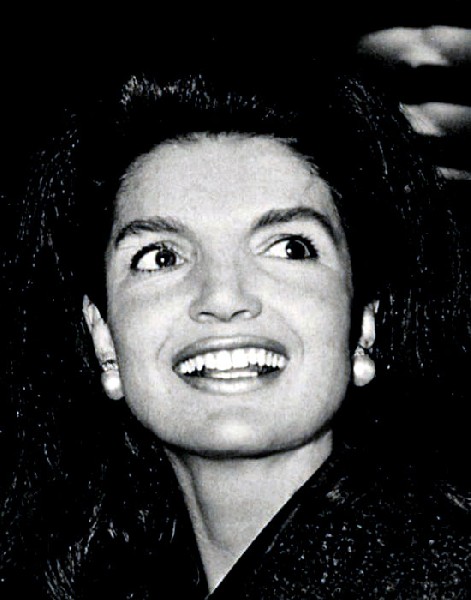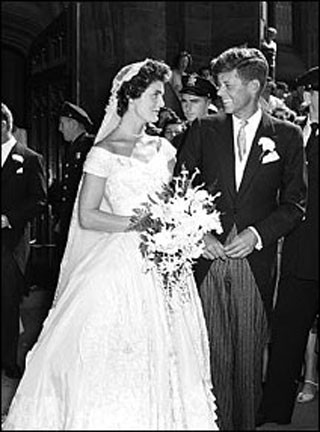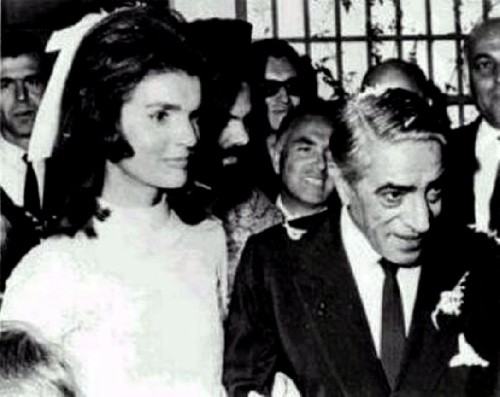Second Sight: Grey Gardens at Lyric Stage
The Litter Box as Musical Theatre
By: Charles Giuliano - May 18, 2009
Grey Gardens
Through June 6
Book by Doug Wright, Music by Scott Frankel, Lyrics by Michael Korie, Directed by Spiro Veloudos, Musical Direction by Jonathan Goldberg, Choreography by Ilyse Robbins, Scenic Design by Cristina Todesco, Costume Design by Charels Schoonmaker, Lighting Design by Scott Clyve, Production Stage Manager, Nerys Powell, Assistant Stage Manager, Cat M. Dunham.
Cast (In Order of Appearance) Prologue, 1973: Edith Bouvier Beale - Sarah DeLima; "Little" Edie Beale - Leigh Barrett. Act One, 1941: Edith Bouvier Beale - Leigh Barrett, "Little" Edie Beale - Aimee Doherty; George Gould Strong - Will McGarrahan; Brooks, Sr. - Steven M. Key; Jacqueline "Jackie" Bouvier - Miranda Gelch; Lee Bouvier - Elise Hana; Joseph Patrick Kennedy, Jr. - R. Patrick Ryan; J.V. "Major" Bouvier - Dick Santos. Act Two, 1973: Edith Bouvier Beale - Sarah DeLima; "Little" Edie Beale - Leigh Barrett; Brooks, Jr. - Steven M. Key; Jerry - R. Patrick Ryan; Norman Vincent Peale - Dick Santos.
Orchestra: Keyboard -Jonathan Goldberg; Bass - Hessu Eisdorfer; Drums/Percussion - Desiree Glazier; Reed 1 - Louis Toth; Reed 2 - Wendy Macdonald; Trumpet/Flugelhorn - Paul Perfetti; Violin - Stanley Silverman.
The Lyric Stage Company of Boston
140 Clarendon Street, 2nd Floor, Boston, MA 02116,
617.585.5678.
Larry Murray Review
You may recall that after the American Revolution we severed ties with Great Britain and its king George III. There was some discussion that George Washington might be proclaimed king rather than president. Instead he became the American Cincinnatus. That Roman dictator, from 458 to 439 B.C., stepped down after a period of crisis, returned to his farm, and thereby preserved the Republic.
While Americans rejected royalty, just imagine sucking up to generations of descendants of George and Martha, we retain a fascination with titled aristocracy. We have opted for a patrician class based on money and power rather than accidents of birth. In the minds of most Americans, the Kennedys and their dynasty of politicians, come as close as can be to our longing for a royal family.
It seems to be of little concern that the patriarch of the clan, Joseph Kennedy, made his money as a bootlegger during prohibition. He was a notorious playboy and philanderer most famously with the actress Gloria Swanson. As were his sons. Jack and Robert are alleged to have both bedded Marilyn Monroe.While serving as Ambassador to the Court of Saint James Joe, Sr. also flirted with and apparently admired the Third Reich. For this he was banished from the war effort under Franklin D. Roosevelt. Yet he aspired for the Presidency through his sons, first Joseph Jr., a pilot whose plane crashed while on a secret mission over the English Channel on July 18, 1944, and then through John F. "Jack" the second of four sons.
When Jack ran for President the strategy was to keep Joe, the old Nazi, hidden from plain sight. Al Smith was the first Irish American, Roman Catholic, to run for president on the Democratic ticket, in 1928. He lost to Herbert Hoover. Jack was the second. He was later assassinated, as was the third Irish Catholic presidential candidate, Senator Robert Kennedy, while campaigning.
The fascination with ersatz royalty, and the Kennedys in particular, is what drives "Grey Gardens" in its various forms. The brothers Maysles, Albert and David, produced a documentary film on Big Edie Bouvier Beal and Little Edie Beal titled for their East Hampton, Long Island home "Grey Gardens" in 1975. The cat ladies who lived in trash and squalor in the 28 room run down mansion and dined on cat food which they dubbed "pate" received $5,000 each for the film. The promised percentage never happened. Their story later turned into the Broadway musical a version of which is now running at the Lyric Stage Company of Boston. In April there was an HBO debut of the drama "Grey Gardens" starring Jessica Lange as Big Edie and Drew Barrymore as Little Edie.
When "Grey Gardens" was first released I attended a press lunch with the brothers Maysles as well as a screening. It was a somewhat intriguing topic but not much other than a macabre curiosity that these women were actually related to Jackie Bouvier Kennedy who was the niece of Edith Bouvier Beal. Big Edie's brother and Jackie's father, Black Jack Bouvier, so named for his gambling and perennial tan, was a womanizer and alcoholic. He was so drunk during Jackie's wedding that the bride was given away by her step father Hugh D. Auchincloss.
Like the debutantes in Edith Wharton's "The Buccaneers" (1938) the Bouviers aspired to marry royalty. Jackie achieved that through Jack Kennedy and her younger sister Lee married, and then divorced, becoming Princess Radziwell. The sisters appear as girls in the first act of the Lyric production.
I found the Maysles'documentary to be overly long and tedious. Prior to attending the play in Boston we watched the HBO version and were riveted by the performances of Lange and Barrymore. Apparently, Barrymore worked for a year perfecting that unique patrician accent and Little Edie's eccentric mannerisms. Edie had a zany sense of fashion with head scarves to mask baldness and bizarre uses of wrap around skirts. The aging of the ever more strident and shrill Big Edie by Lange was just stunning. Both women were sensational. It is the first time that I concede that Barrymore can actually act. Nothing previously by her, starting with "Donnie Darko," had impressed me.
We were well prepared and somewhat psyched for the Lyric Stage production. But, at two and a half hours, and a first act that just went on, and on, and on, "Grey Gardens" was like watching grass grow. We now know way too much about the tragic lives of two women who were no more or less interesting than countless cat ladies living in filth with an endless brood of pets and vermin. It does, after all, take a bit of magic to turn a can of cat food into pate.
To be fair the production has its moments. There is some wonderful acting by Leigh Barrett who turns a nice trick as the young, mid 30s, Big Edie in the first act, and then returns as the bonkers Little Edie in the second act. The transformation represents a superb bit of acting. But her body type did not mesh well with the first act Little Edie superbly played with just the right touch of debutante panache by the talented Aimee Doherty.
There is an unfortunate interview just prior to the engagement party between Big Edie, and Joe Kennedy, Jr. (R. Patrick Ryan) the fiancée of Little Edie. Mom describes an event in which there was a "costume malfunction" while swimming in a pool during a social gathering. Instead of being embarrassed by unanticipated nudity it seems she swam a couple of more lengths before bolting out and running for cover. The incident earned her the name of "Body Beautiful Beal." While Doherty fit that title in the first act the illusion didn't click with Barrett in the second act. It was just not possible to imagine Barrett as the youthful "Boy Toy" who was engaged to Joe Kennedy, Jr., briefly, and had flings with Howard Hughes and J. Paul Getty as well as some high profile married men. Edie liked the boys it seems. Both women aspired to careers in show biz and amused themselves in the fallen down shambles of Grey Gardens by singing and dancing their lives away in delusional fantasy.
Much about the tragedy of Grey Gardens evokes Mrs. Haversham in Great Expectations by Charles Dickens. She sat in the decay of her wedding feast after being jilted at the altar. As in Grey Gardens, it is all about being abused and rejected by men and how society women are prisoners to male whims. In the Lyric production, during the second act, Little Edie is often musing on "getting a man" while her mother torments her about the ones that got away.
Big Edie was abandoned by her banker husband Phelan Beal during the summer of 1931. She was left with an allowance of some $300 a month and a trust fund that was embezzled by Black Jack Bouvier who made his daughters Jackie and Lee into the beneficiaries. Big Edie, abandoned by her two sons, got along by selling off heirlooms. When Little Edie's attempts at a career ended she returned home on July 29, 1952. Perhaps out of guilt Jackie Onassis, in 1971, visited the women in East Hampton. The scene is a centerpiece of the HBO film but is not referenced in the musical version. Jackie spent $32, 000 to renovate the house including removing 1,000 bags of garbage.
Big Edie died in 1977. Little Edie stayed on for two years then sold the house to Ben Bradlee and Sally Quinn for $220,000. Until her death, in 2002, Little Edie lived in New York, Florida and briefly, Montreal, where she aspired to perfect her French. There was an unfortunate and brief stint as a cabaret performer which was just hideously awful or camp depending on one's point of view. This also aptly describes the Lyric Stage production.
After the HBO viewing, and before visiting Lyric Stage, Astrid and I discussed ordering the Maysles documentary through Netflix. Walking home to our pied a terre, after what had been a very long evening, we agreed not to bother. Royalty, after all, can be a Royal Pain. Hold your nose and pass the pate.

